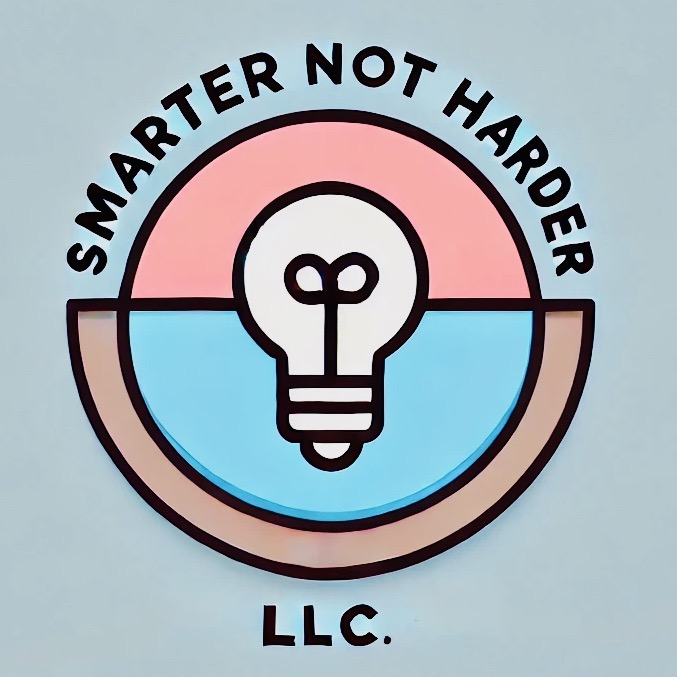Self-reflection is a powerful tool for personal and professional growth. It allows individuals to assess their actions, thoughts, and decisions, leading to deeper self-awareness and continuous improvement. Engaging in regular self-reflection helps in identifying strengths, areas for improvement, and aligning daily actions with long-term goals. This practice fosters emotional intelligence, enhances decision-making, and boosts resilience (Brown, 2018).

Practical Tips for Long-Term Success
To integrate self-reflection into daily life, set aside dedicated time, whether through journaling, meditation, or mindful contemplation. Writing down key takeaways from your day can help track progress and recognize patterns over time. Asking yourself reflective questions, such as “What did I do well today?” or “How can I improve tomorrow?”, can offer valuable insights. Utilizing tools like vision boards or progress trackers keeps your goals in focus and provides motivation (Dweck, 2006).
Interactive Practice: The Weekly Reflection Exercise
Set a dedicated time each week to engage in structured self-reflection.
Write down three accomplishments, three challenges, and three strategies for improvement.
This structured practice encourages a growth mindset and helps maintain long-term motivation by tracking personal development over time.
References:
- Brown, B. (2018). Dare to Lead: Brave Work. Tough Conversations. Whole Hearts.
- Dweck, C. (2006). Mindset: The New Psychology of Success.
